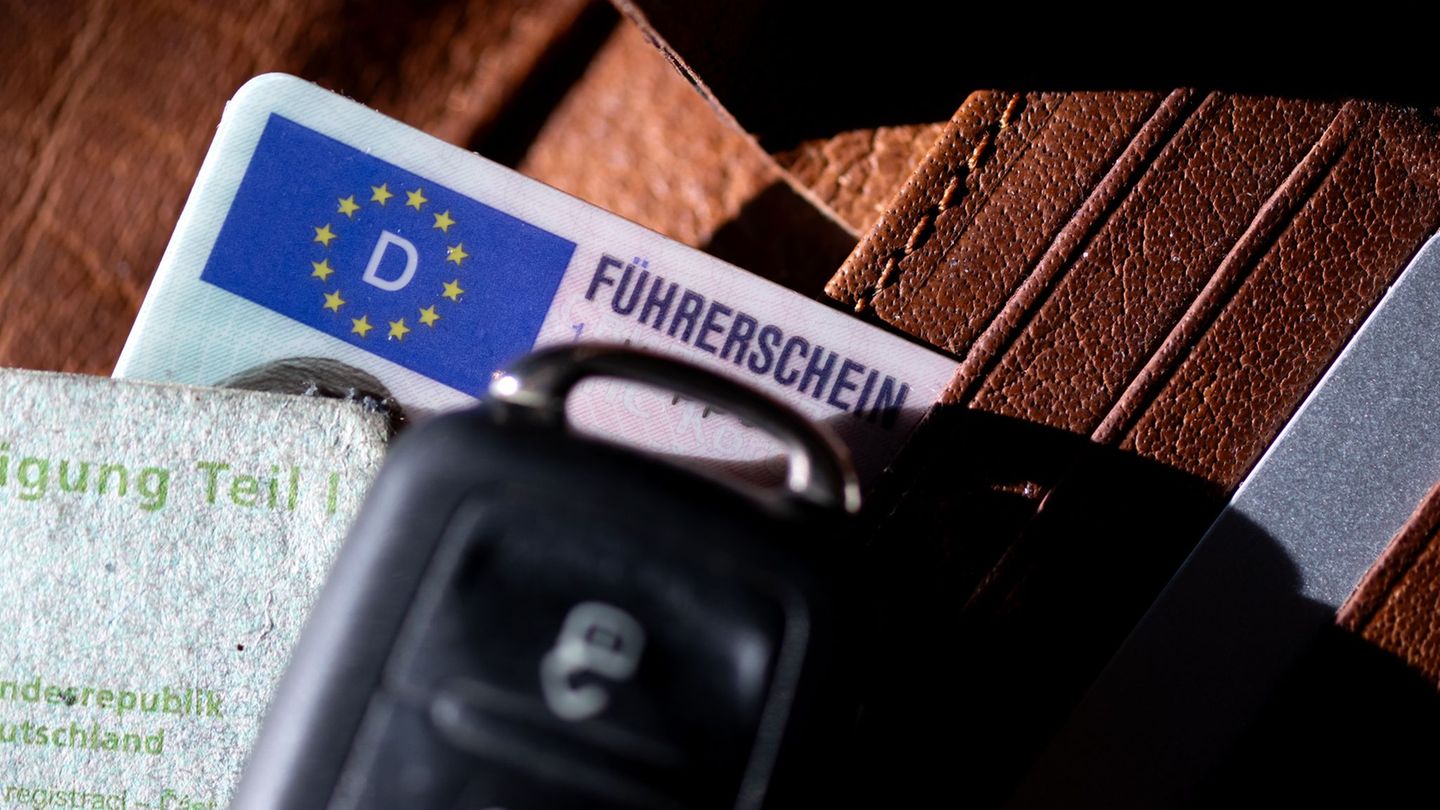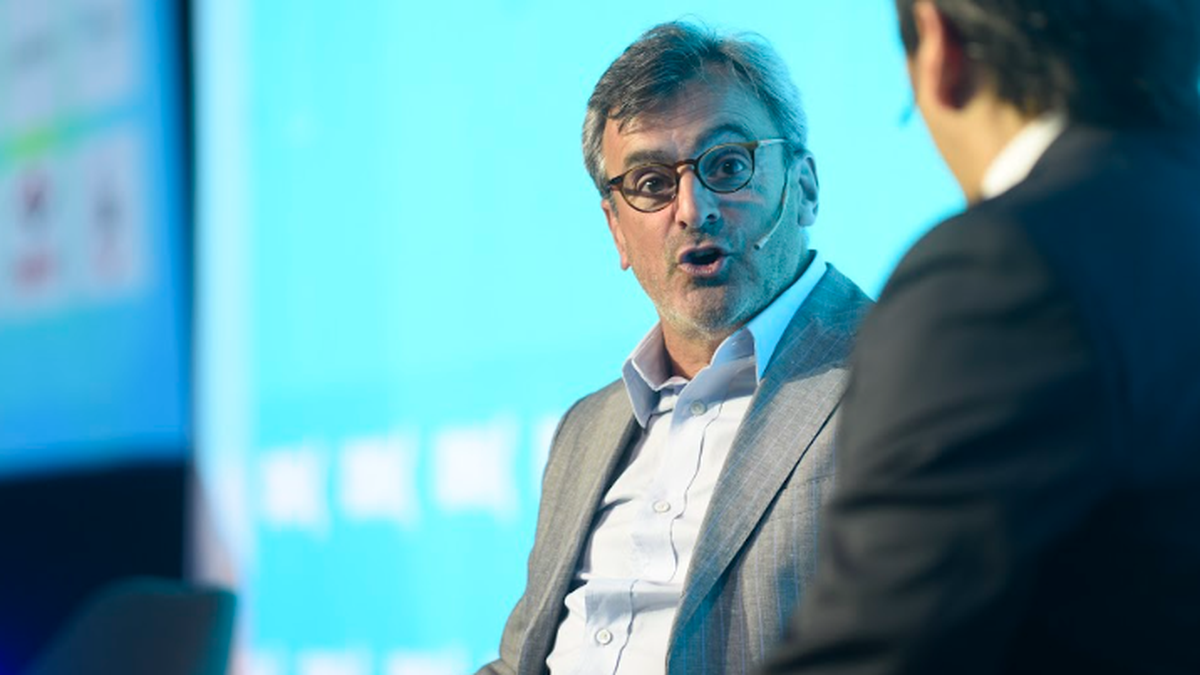CDU and BSW? CDU leader Friedrich Merz’s rejection of such a coalition seemed clear at first, then more reserved. Some in his party do not want to close the door to the new alliance.
After CDU leader Friedrich Merz rejected a coalition with the Sahra Wagenknecht (BSW) coalition at the federal level, several CDU politicians are open to cooperation. Merz made it clear that cooperation at the federal level was not an option, said North Rhine-Westphalia’s Prime Minister Hendrik Wüst (CDU) in Düsseldorf. At the state level, however, one must “look very closely” at who is running for the BSW.
Wüst: BSW irrelevant in NRW
In NRW, the Wagenknecht party is not an issue, said Wüst. The BSW received 4.4 percent in the European elections in NRW. “It doesn’t matter here,” said the head of government. “But in the states where it matters, our colleagues will make the right decision.”
Armin Laschet, who was CDU party chairman until 2022, also stressed on Deutschlandfunk that the CDU had not ruled out coalitions with the BSW. “You can’t say with an alliance that hasn’t even defined itself: not with them,” said Laschet. “It’s now about achieving democratic majorities in the three eastern German states,” he stressed, with a view to the upcoming state elections in Saxony, Thuringia and Brandenburg.
Merz: Wagenknecht is in parts right-wing extremist and left-wing extremist
Merz was recently asked whether he was prepared to consider a collaboration or coalition with the BSW in order to prevent AfD prime ministers in the east. The CDU leader then said: “That is absolutely clear, we have always said that. We do not work with such right-wing and left-wing extremist parties.” Both apply to Wagenknecht: “She is right-wing extremist on some issues, but left-wing extremist on others.”
When asked on Tuesday, he said that there were “no overlaps in politics with this group at all,” and added: “We will have to look at everything else in the light of election results.” He had said something about substantive questions “from the perspective of federal politics,” said Merz. “We don’t need to concern ourselves with this question any further. We will do that if there are other results.” Then, of course, he will also speak to the CDU state chairmen about the question and whether there are other points of view.
Power factor in Thuringia?
Thuringia’s CDU leader and top candidate for the state election, Mario Voigt, confirmed that he is not ruling out a coalition with the BSW in the state. Merz spoke for the federal level, he told the “Rheinische Post”. “We Thuringians decide for ourselves.” They want political change and therefore first look at which specific issues are important to people. “Then we will hold discussions about who we can solve the problems with together,” Voigt said.
With its high poll ratings of 13 to 16 percent, the BSW could become a power factor in the upcoming state elections in Thuringia.
Source: Stern
I have been working in the news industry for over 6 years, first as a reporter and now as an editor. I have covered politics extensively, and my work has appeared in major newspapers and online news outlets around the world. In addition to my writing, I also contribute regularly to 24 Hours World.




